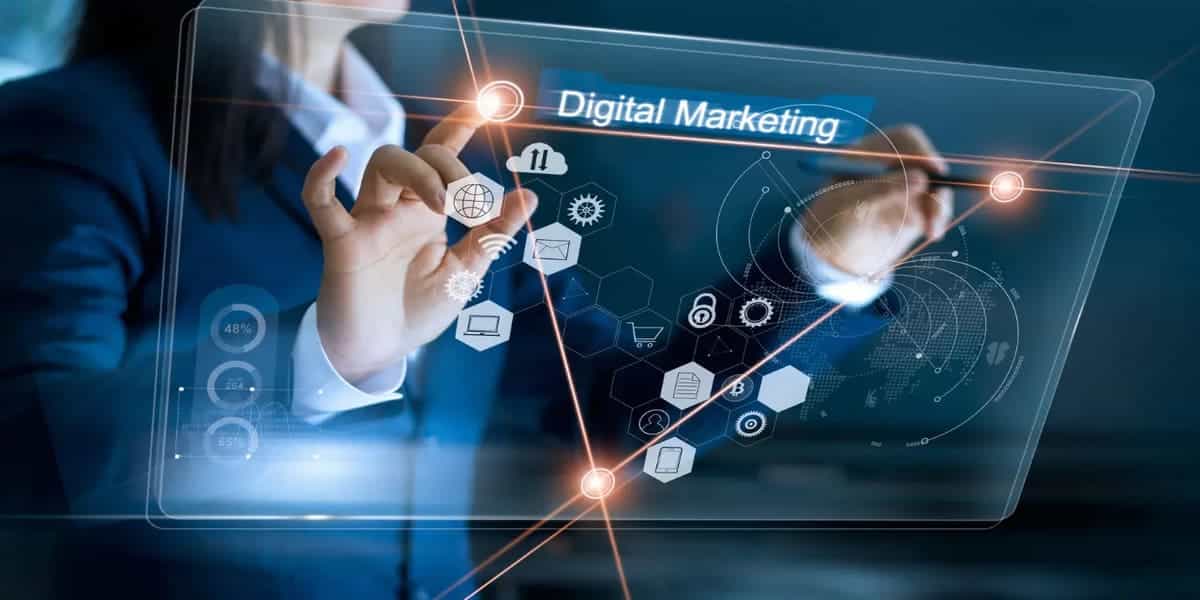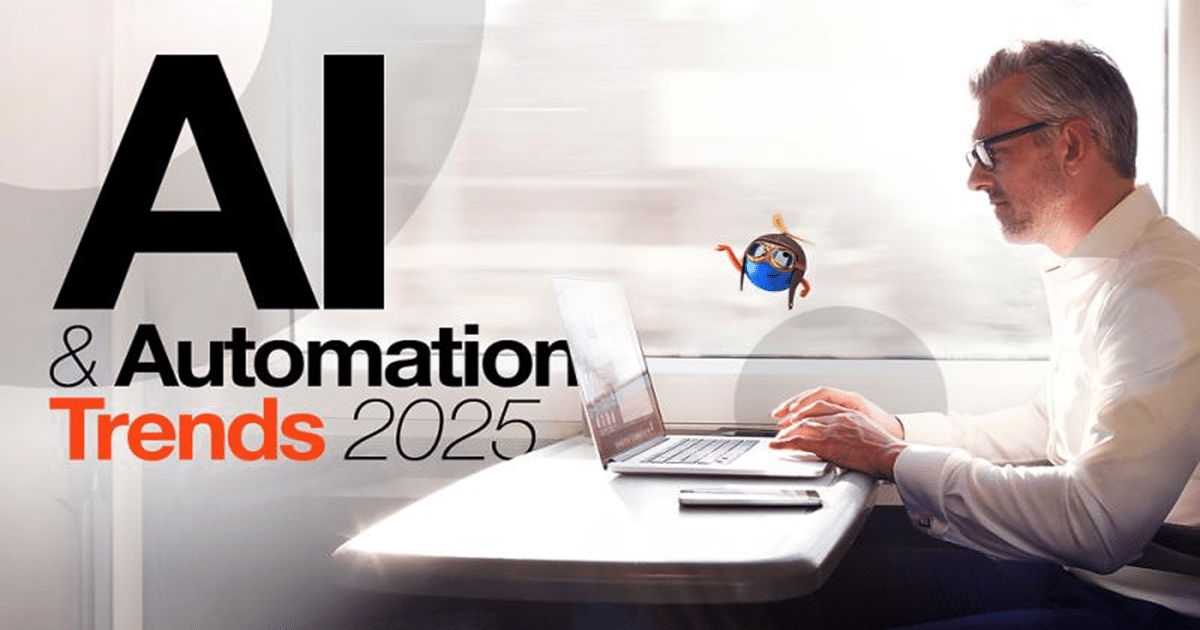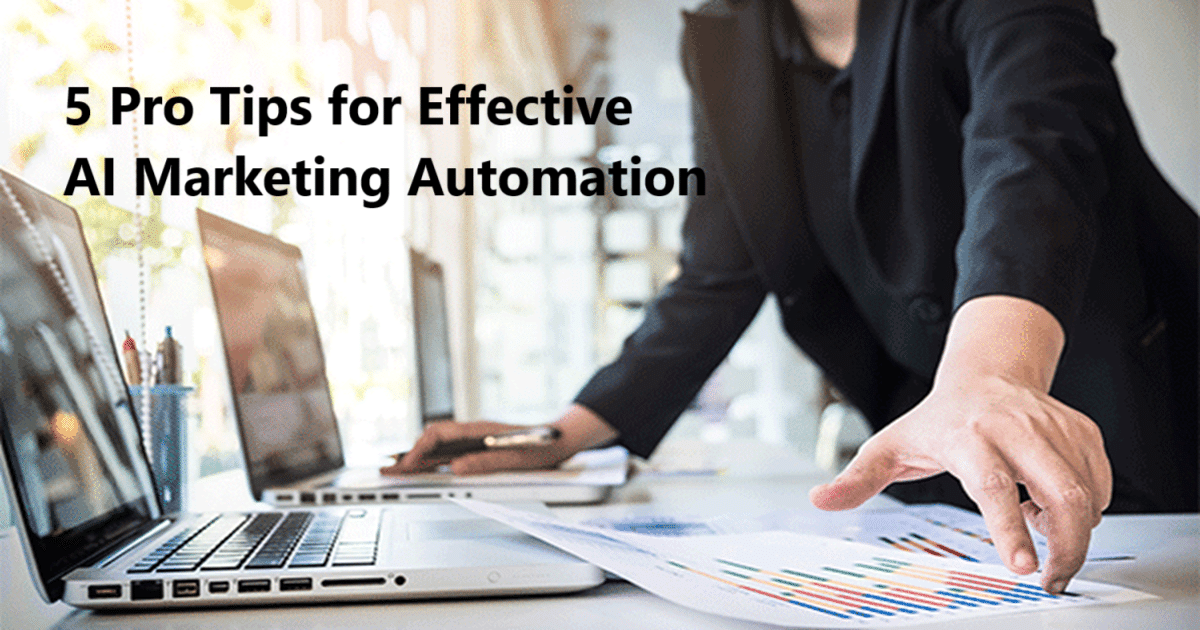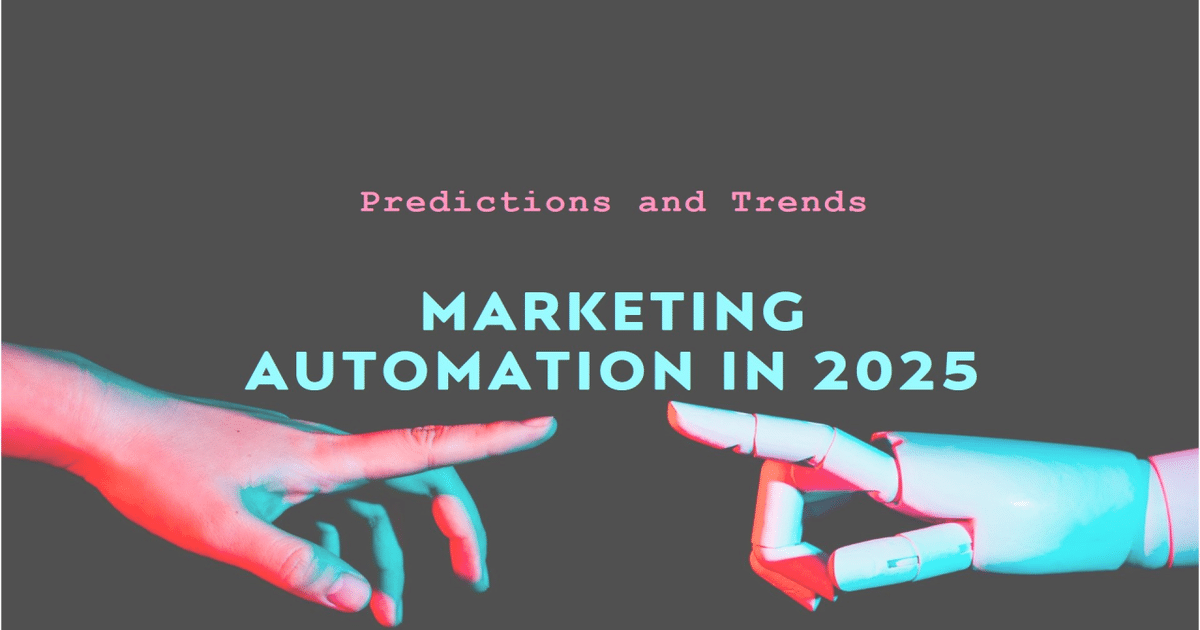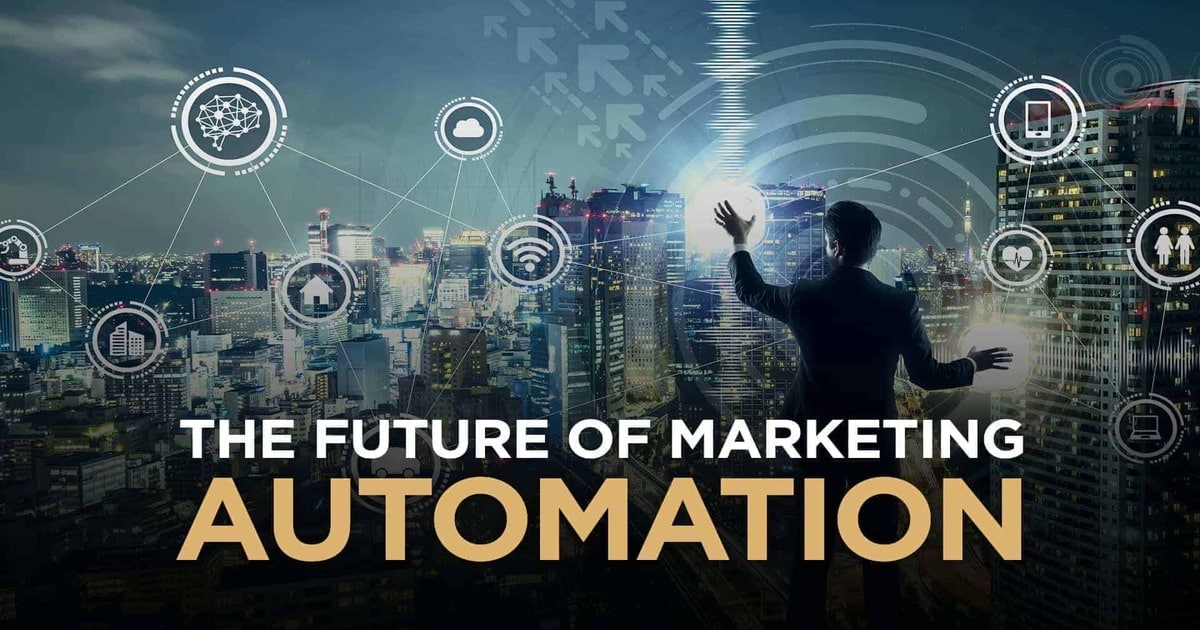Find out how companies are using AI for marketing to get ahead of their competitors. Discover useful methods, perks, and tools that can change your campaigns right now.
Using AI for Marketing: Taking Customer Engagement to the Next Level
In a world where personalisation is everything and data makes every choice, using AI for marketing is no longer a thing of the future; it’s the now. Artificial intelligence (AI) can help you get more consumers, keep them longer, and keep them coming back, whether you’re in charge of a small online store or the marketing department of a big company.
The use of AI in marketing is changing the field in big ways, from eliminating boring chores to giving marketers information about how customers act that no human team could ever equal.

What Does It Mean to “Use AI for Marketing”?
At its most basic level, employing AI for marketing means using machine learning algorithms, data analysis models, and automation technologies to make smarter choices about how to sell. These technologies can:
- Guess what customers will do
- Make content automatically
- Improve ad targeting
- Offer customer help through chat
- Analyse and divide audiences
- Find the best prices for your products
The goal is easy: send the correct message to the right person at the right time with less work and more accuracy.
Why AI Is Becoming More Popular in Business Marketing
1. Better understanding of customers
AI algorithms may look at customer data from several sources, such social media, websites, CRM, and email, to find trends that people would not see. Marketers may learn not only who their customers are, but also how and why they buy.
2. Hyper-Personalization on a Large Scale
Imagine customising email messages, online experiences, and product suggestions for each customer. You can do it with AI. Dynamic content engines and other tools leverage AI to make interactions more personal by taking into account past behaviour, location, and interests.
3. Automation makes things work faster.
AI never sleeps. Marketing teams may get rid of time-consuming duties like scheduling social media posts and answering customer questions with chatbots so they can focus on strategy and innovation.
4. Better return on investment for advertising
Programmatic advertising platforms employ AI to bid on ad space in real time, making sure that your message gets to people who are really interested. Predictive analytics helps campaigns get the most conversions, frequently better than campaigns that are run by people.
Using AI for Marketing: Real-Life Examples of Email Campaign Optimisation
AI systems can test subject lines, change the time of day they are sent based on open rates, and even produce content that sounds like your brand. What happened? More conversions and higher open rates.
Virtual Assistants and Chatbots
AI-powered chatbots help people choose products, process returns, or answer frequently asked questions for brands like Sephora and H&M. These computers answer questions right away and take some of the stress off the human teams.
Listening to people and analysing their feelings
Brandwatch and Sprout Social are two examples of AI-powered services that look at social media conversations to find trends and see how people feel about things. This real-time information helps decide the direction of campaigns and how to respond to crises.
Tagging Products using Visual Recognition
AI is used for visual search on Pinterest and Amazon. The algorithm detects related products when you upload a photo. This technology can help retailers find new products and sell them to customers who are already interested in them.
Benefits of Using AI for Marketing in 2025 and Beyond Better Decision- Making AI helps take the guessing out of planning strategies. Decisions are based on data, not guesses, from pricing models to audience segmentation.
Quickness and Flexibility
AI lets marketers quickly respond to changes in how people act. Campaigns can change in the middle of a flight without having to start over.
Advantage over the competition
Companies that use AI have a big advantage over those that still use old-fashioned methods. Early adopters keep more customers, spend less on acquiring new ones, and build stronger brand loyalty.

How to Pick the Best AI Tools for Your Marketing Needs
The world of AI is big and always changing. These are some categories and tools to think about:
Type of tool: Purpose: Example tools
Email Marketing Personalisation and timing ActiveCampaign and Mailchimp
Improving Ads Bidding and targeting in real time Albert AdRoll
SEO and Content: Coming up with topics and making them better Clearscope, Surfer SEO
Service to Customers Intercom, Drift, and chatbots are all examples of automation. Behaviour analysis and predictions AI for PaveAI and Google Analytics
Difficulties and moral issues
Using AI for marketing has a lot of great benefits, but it also has some problems:
Privacy and compliance with data
Marketers need to make sure that the data they use for AI-driven marketing is collected and used in a legal way, especially with new rules like GDPR and CCPA.
Trust and Openness
If hyper-targeted marketing feels invasive, customers may not like it. Companies need to be open about how they use data.
Limitations on Creativity
AI can write and design, but it doesn’t have the same depth and feeling as human creativity. It is important to find a balance between automation and the human touch.
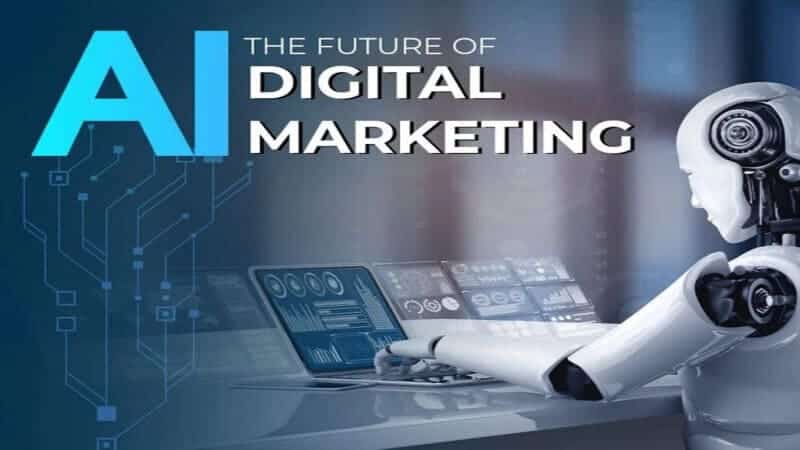
Future Trends: What will AI do in marketing in the future?
Marketing that is both predictive and prescriptive
Tools of the future won’t simply look at what people have done in the past; they’ll also predict what they’ll do in the future and suggest specific marketing strategies.
Voice and AI for conversation
Voice-based and conversational marketing will become more interactive and smart as Alexa, Google Assistant, and ChatGPT grow more popular.
Multimedia made by AI
The barrier between media made by people and media made by AI is getting blurrier all the time. For example, personalised video messages and AR filters made by AI.
The best combination is human touch and AI.
In the age of AI, the best marketing doesn’t come from selecting between people and machines; it comes from working together. Marketers offer emotional intelligence, brand knowledge, and ethical oversight. AI gives you speed, scale, and accuracy based on data.
AI is less of a threat and more of a helpful collaborator when you employ it wisely.
Last Thoughts on Using AI for Marketing
Using AI for marketing isn’t just a fad in 2025; it’s a must. AI solutions can help you change the results of your marketing by streamlining procedures, making consumer interactions more personal, or getting deeper insights.
What is the key to success? Begin with little steps, keep track of everything, and always remember the people behind the numbers.
To stay updated on the latest AI developments and tool reviews, follow us on our social media channels:
- Blog: https://aitoolsbiz.com/my-blog
- YouTube: https://youtube.com/@AItoolsbiz
- Twitter: https://x.com/AItoolsbiz
- LinkedIn: https://www.linkedin.com/in/aitoolsbiz

